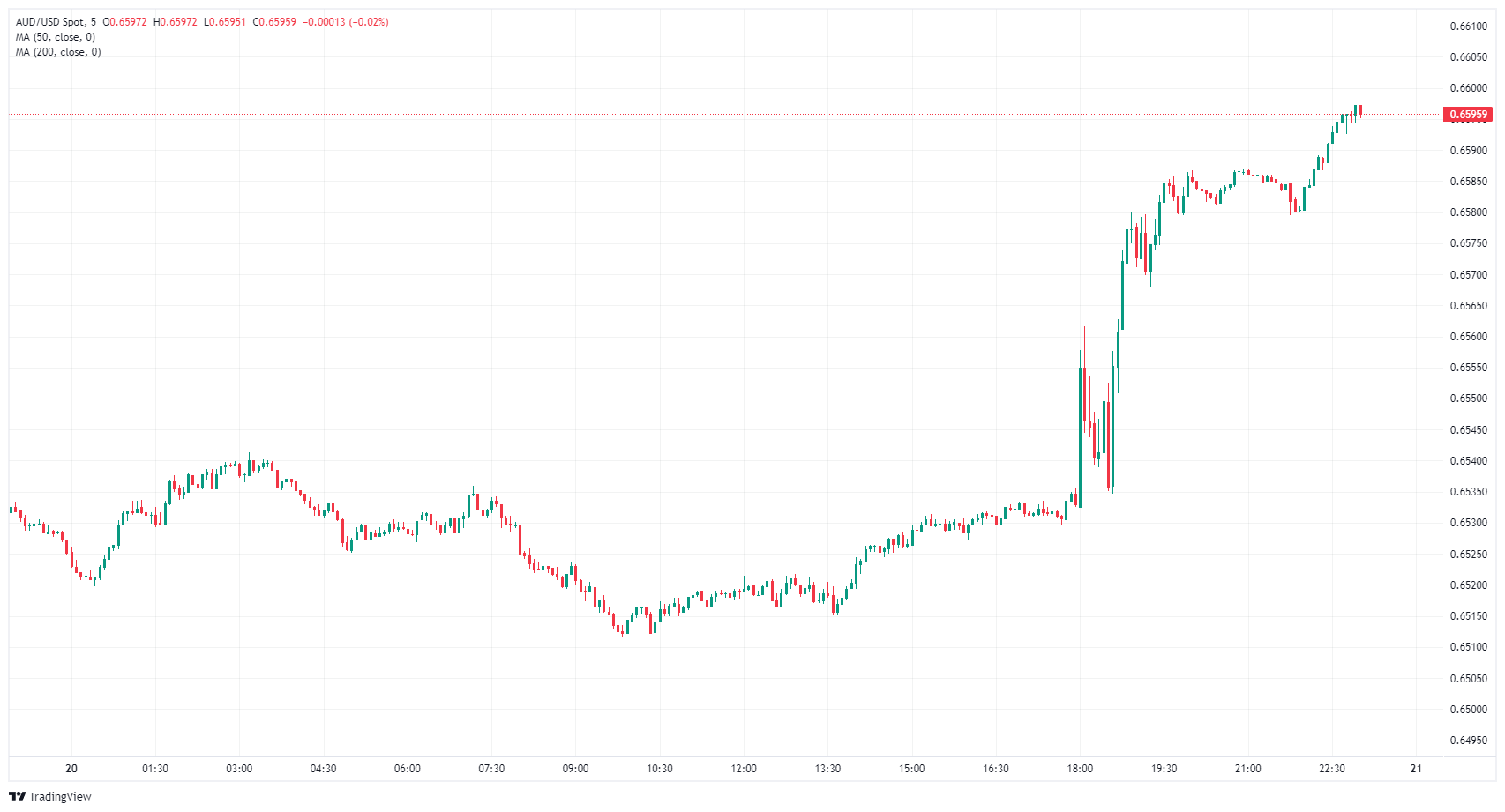[ad_1]
Australia’s Judo Financial institution Buying Managers Index (PMI) got here in combined within the early Thursday market session, with a carry within the Companies element mixing with an easing within the Manufacturing PMI.
Judo Financial institution’s March Manufacturing PMI ticked all the way down to 46.8 after the earlier month’s 47.8, whereas the Companies element rose to 53.5 from the earlier 53.1. The Composite March Judo Financial institution PMI rose to 52.4 from 52.1.
Based on Warren Hogan, Chief Financial Advisor at Judo Financial institution: “Over the survey’s nine-year historical past, that is the biggest four-month improve within the Composite Output index exterior of the 2 restoration intervals when the economic system was locked down in the course of the pandemic.”
Warren added, “The underlying particulars of the survey spotlight that the enchancment in enterprise efficiency in 2024 isn’t even throughout the economic system. Manufacturing exercise stays tender in early 2024, with the Australian Manufacturing PMI all the way down to a new cyclical low level effectively under 50.0”.
Warren additionally famous that underlying particulars about Australia’s manufacturing sector could also be irrelevant to the nation’s total economic outlook, as manufacturing accounts for lower than 10% of Australia’s economic system.
Market response
AUD/USD stepped right into a contemporary near-term excessive as markets head into the Thursday market session, with the pair approaching 0.6600 following a Fed-fueled rally from Wednesday’s early lows close to 0.6510.
AUD/USD 5-minute chart
About Australia’s Judo Financial institution Composite PMI
The Composite Buying Managers Index (PMI), launched on a month-to-month foundation by Judo Financial institution and S&P World, is a number one indicator gauging private-business exercise in Australia for each the manufacturing and companies sectors. The information is derived from surveys to senior executives. Every response is weighted in response to the scale of the corporate and its contribution to whole manufacturing or companies output accounted for by the sub-sector to which that firm belongs. Survey responses replicate the change, if any, within the present month in comparison with the earlier month and might anticipate altering developments in official knowledge sequence reminiscent of Gross Home Product (GDP), industrial manufacturing, employment and inflation. The index varies between 0 and 100, with ranges of fifty.0 signaling no change over the earlier month. A studying above 50 signifies that the Australian personal economic system is mostly increasing, a bullish signal for the Australian Greenback (AUD). In the meantime, a studying under 50 indicators that exercise is mostly declining, which is seen as bearish for AUD.
[ad_2]



